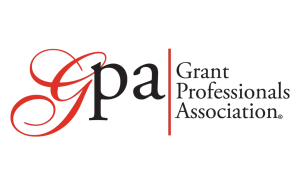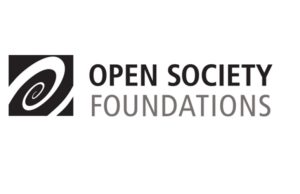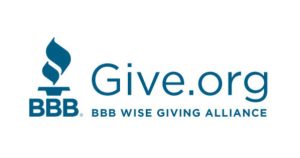It’s tempting to slip into “specialized terminology” when we’re writing to potential funders from deep inside your own work. Writers who forget fluid communication is key to success can develop a nasty case of jargonitis.
Your proposals and your organization are better served when you force yourself to be clear and precise. Find more inclusive ways to communicate by avoiding the often mystifying language of jargon. Here’s some common, low-hanging fruit as examples:
Very few nonprofits actually have workers who put “boots on the ground.” Instead, there might be staff members or volunteers who spend time on a project site or otherwise contribute at the physical location of a project or program. It’s more meaningful when you explain what those people actually do to contribute to your organization’s effort.
Silos were designed and built to store different crops and grain on a farm. You probably don’t actually “silo” your constituents or your participants or programs. You might separate them, or have different ways of working with them, but you don’t silo them. Describe the relationships among these important people in fresher and more accurate language.
Within your organization you might use a term such as “stakeholder” without giving much thought to those you really mean. A proposal reviewer might be attracted by that term but want more detail, more specifics, more real roles in the project. “Who is it, exactly, you think has a stake in the project?” is a fair question inside and outside the organization.
Lots of nonprofit leaders talk about “capacity-building.” Instead of relying on the label, why not examine what it is that you want to build: more staff; new facilities; greater numbers of trainees; adding a specialist or special discipline to your work; or, asking everybody to work double shifts?
“Once, long ago, a mentor of mine suggested sharing a proposal draft with my grandmother,” said Thomas Boyd, chief editorial consultant to The Grantsmanship Center in Los Angeles, Calif. “If she got it, it was ready for the funders. If she didn’t, we needed to break it down better.” There’s nothing wrong with the occasional vernacular phrase. It’s just that in grant proposal writing, jargon can be a barrier to understanding and create internal and external confusion.
You never know who’ll be reviewing your proposal, so whatever your style, it’s always a safe bet to choose clear language and let go of jargonitis. © Copyright 2021 The Grantsmanship Center












